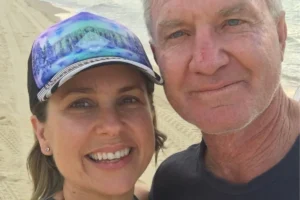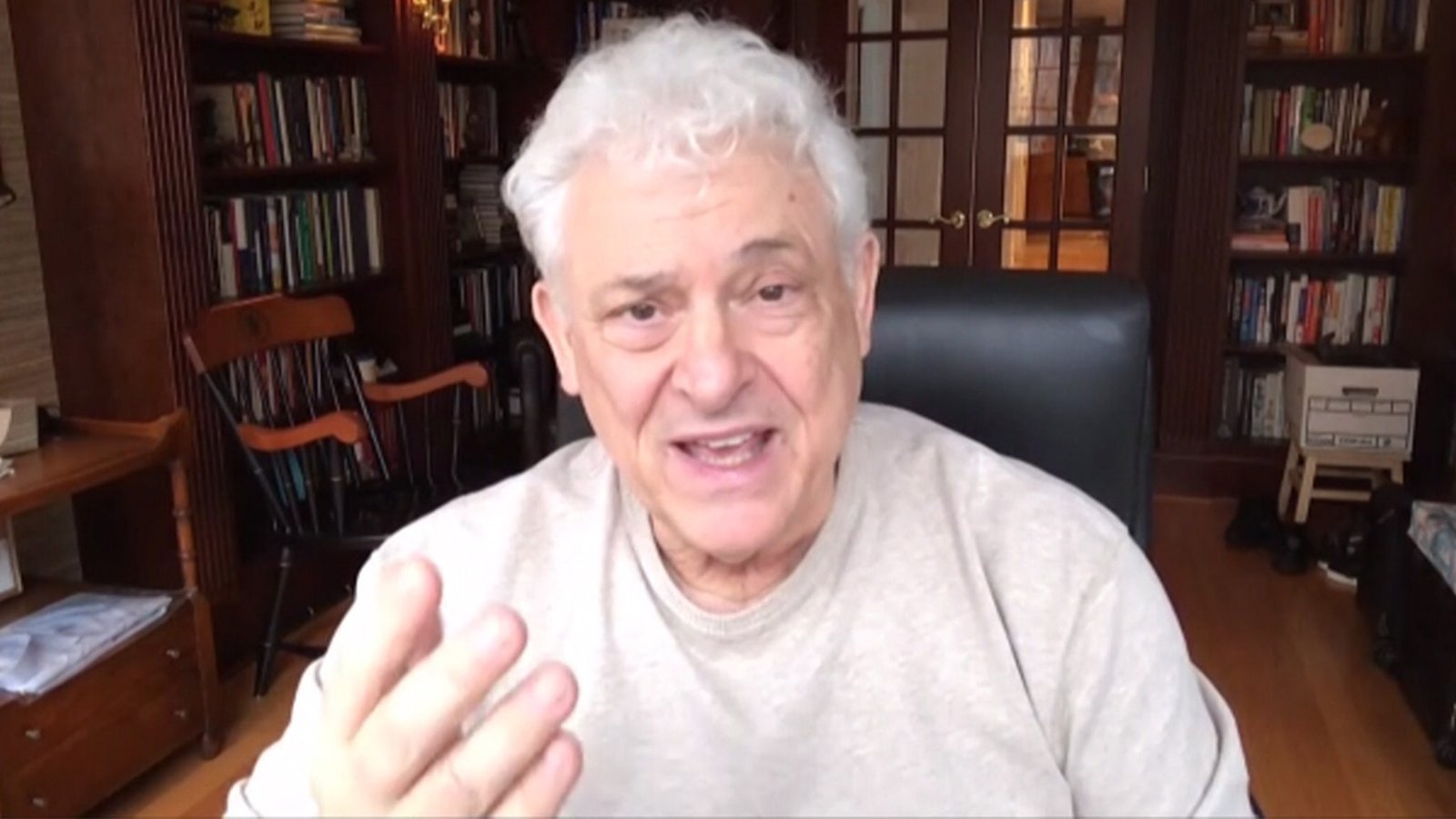die by voluntary assisted dying
My dad chose to die by voluntary assisted dying . The last thing I expected during my dad’s final days was laughter. And joy. And an overwhelming sense of peace. But that’s exactly what we got — two days of pure magic that would never have happened without Voluntary Assisted Dying (VAD).
My dad, Bob, had been battling cancer. The tumour in his neck was inoperable, wrapped around arteries and pressing on nerves that caused him constant pain. After failed radiation and immunotherapy, he ended up in palliative care. His journey there was quick and unexpected, triggered by an emergency room visit when his pain became unbearable.
We thought this was it — his greatest fear of dying in hospital was going to come true.
Then someone mentioned VAD.
We had no idea it even existed.

die by voluntary assisted dying
When we met with a VAD care navigator, it was like a ray of sunshine through the clouds. Within days, we went from complete despair to having hope that Dad could die on his terms. Looking back, the speed at which we embraced VAD might seem surprising, but it felt so normal as we were living it.
Within an hour of meeting with his care navigator, Dad’s decision was made:
“I want this, and I want it now.”
There was discussion amongst Mum, my brother and me, but it wasn’t heavy or fraught — there was just a graceful acceptance that this was the right path.
The approval process was rigorous but not onerous. We had questions we were almost embarrassed to ask: Would it hurt? Would there be seizures? Would he lose control of his body? Every time we started with, “I’m sorry, this might be a weird question…” the medical team would assure us that everyone asks these things. Their honest, matter-of-fact answers helped us feel more confident about the journey ahead.
I’m often asked how I coped throughout Dad’s VAD journey and, honestly, being Dad’s support person through it gave me an unexpected gift. Instead of feeling helpless while he lay in palliative care, slowly and painfully dying, I had a purpose — managing paperwork, liaising with medical teams, and keeping the process moving forward.
After months of accompanying Dad to doctor’s appointments, watching him respond poorly to treatments, and processing the reality of his terminal diagnosis, I had already begun to accept that we were going to lose him.
Now, I could channel my energy into helping him have the death he wanted. Being able to play even a small part in making his final wish a reality became one of the most meaningful roles of my life. After a lifetime of Dad being there for me, helping him achieve his final wish felt like the most profound way I could show my love and gratitude.
The transformation in Dad once he got approved was extraordinary.
die by voluntary assisted dying
The morning he received his approval, he could barely walk. Then suddenly, on his second-last day, he was adamant about going home. We bundled him into the car, drove through his favourite coffee shop, and took him to the beach. Back home, he surprised us all by deciding to cook everyone lunch. His mates came over, and they spent hours in his shed, starting up his old motorbikes, making sure everyone knew how they worked — just mates hanging out.
Those final 48 hours were filled with the deepest conversations, sharing memories and photos, plenty of laughter and even a fair dose of dark humour. Despite the gravity of what was coming, those last days felt remarkably light and joyful. We talked about everything and nothing, treasuring each moment in a way our family will hold dear forever.
The morning of his chosen day dawned, sunny and perfect. I’d done something almost unthinkable the day before — called the funeral directors in advance. They gave me a practical tip: if Dad had a shower that morning, they wouldn’t need to touch his body later. When I shared this with Dad, he said, “Cool!” and jumped straight in the shower.
He got dressed in his favourite shirt, jeans and boots. Our immediate family came to the house. My aunt brought cake and we all sat in the sunshine having tea.
At noon, we gathered around the kitchen island. Dad loved Moët for special occasions, so we shared one final glass together and said a special toast just for him.
Then he said, “Right, let’s go”, gave us a thumbs up and went to his bedroom with Mum. He laid down with her on their bed, his arm around her, and they shared one last kiss. Mum tells us that once the medication was administered, Dad simply relaxed and went to sleep. They shared the kind of peaceful, loving goodbye that most people only see in movies: a rare and precious gift.
Rather than being traumatised by Dad’s death, our family was uplifted by it. While I wish he could have stayed with us if health had permitted, and I miss him deeply every day, I don’t regret VAD for even a moment.
Our grief journey had begun weeks and months before the day Dad actually died. This anticipatory grief — the profound mourning that occurs as we prepare for an impending loss — was in many ways a gift, allowing us to begin our journey of acceptance while still having precious time with Dad. Instead of rushed goodbyes, we were given something precious: time filled with love, joy, and meaningful conversation.
The grief I feel now is different. It’s the profound ache of living in a world without him, even though we had time to prepare for this reality. Make no mistake, choosing VAD doesn’t shield you from grief. My dad is still gone, and that loss cuts just as deep. But instead of being haunted by his final days, I’m comforted by them. The grief lives alongside memories of laughter, joy, and a goodbye that honoured who he was.
The truth is, my dad’s death was inevitable, but his suffering didn’t have to be. I feel grateful every day that VAD was available to us. Dad wasn’t choosing to die — cancer had already made that choice. He was choosing to die peacefully, on his own terms, before the suffering became unbearable. That’s what VAD is really about — giving people who are already facing death a say in their final chapter.
And sometimes, as we discovered, that choice brings unexpected gifts — like laughter in the face of loss, joy in the midst of sorrow, and the kind of peaceful goodbye I never knew was possible.
